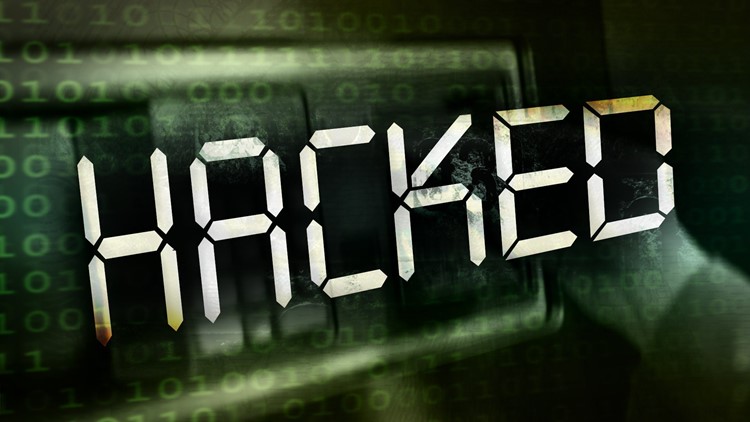SIOUX CITY, Iowa — A Sioux City church refused to pay ransom to a hacker who froze the church’s computer files. It’s a growing trend but now not even churches are
St. Paul’s Lutheran Church was notified last week that their computer files had been frozen and could be unfrozen for a fee, reports Radio Iowa. The “ransomware” is a virus that makes computers unusable, but also vulnerable. Hackers aren’t just able to freeze the computer but also access information like credit card numbers or client lists and personal information.
The church says they will work to rebuild their system instead of paying the ransom.
But St. Paul’s isn’t alone. A hospital in California admitted to paying $17,000 to hackers last week to get their systems back on line and cybersecurity experts worry that paying up could escalate the growth of ransonware hackers.
A typical ransomware attack starts when a person opens an emailed link or attachment. Malicious code locks the computer or, worse, an entire network. Ransomware victims pay for a “key” to unlock data.
The president of Hollywood Presbyterian Medical Center said the facility paid the bounty “in the best interest of restoring normal operations.”
It’s unusual that the attack became public and the hospital revealed the cost. Most ransomware victims pay quietly or abandon their infected machines.
Computer security experts said hospitals are particularly vulnerable because some medical equipment runs on old operating systems that cannot be safeguarded easily.
The Associated Press contributed to this story



